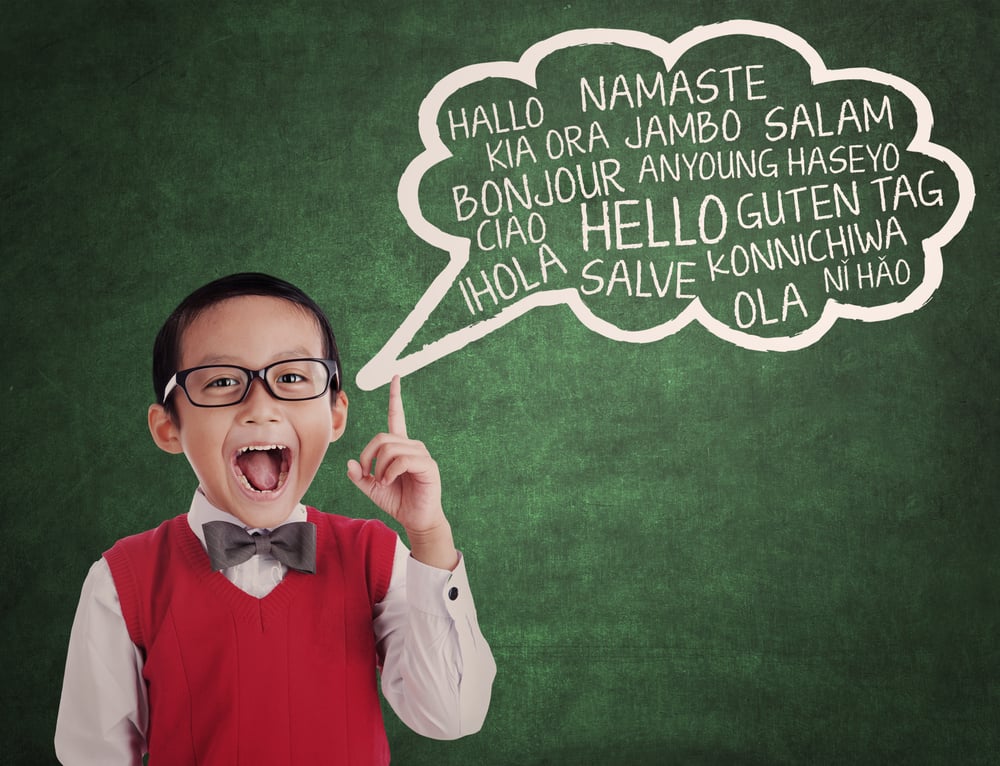When people discuss about learning a second language, a common aspect that you will hear monolingual adults saying is that they did not do so as a child when it is easier. While the notion that kids learn languages quickly and more easily is almost a universal belief, the truth is that some linguists believe that adults actually learn languages faster and easier, compared to the kids.
So how did the idea that kids learn languages quicker emerge and is so prevalent, and is it really the truth?
Clarifications
First, let’s clarify a bit. When we are discussing whether kids learn the first language quicker than adults, research up to now does strongly support this belief. For example, deaf kids who aren’t given a complex language to study at a young age exhibit some of the mental issues later in life, inclusive of negative memory, deficient skills at summary thought, etc. And, most relevant to the subject at hand, if attempts are then made in maturity to train such an individual a first language, they usually go exceptionally poorly. Similar examples can be seen in the case of feral kids. Thus, with first languages at least, children win handily.
Kids have the advantage of not being anticipated to form complicated sentences compared to adults. It also makes the gap between their fluency and their peers’ fluency smaller even when they are simply beginning out. Those around them also are often extra comfortable while speaking slowly to assist them in understanding, whereas doing the same to a grownup or adult can appear insulting, so people typically don’t do this.
For an adult, it can be embarrassing to talk using relatively easy sentences and on top of that, slowly, whilst knowing he is making a variety of mistakes. People feel silly, and as a result, in many cases, those adults may not use that second language when out among their peers, reverting again to their local tongue.
For adults out there who are looking to study a new language, you could have understood so far that the best possible way to learn a second language is to practice it with other people with similar interests. Throwing away your insecurities, your fear to speak up in front of other people using incorrect or inappropriate words or tenses is something you will have to deal with in a very positive way. Once you start doing this, other people around you will understand your difficulties and will actually start to help you learn the language. If you’re with great and helpful people, every time you are wrong, they’ll tell you, slowly, what “that thing” is called.
Remember, the only key to achieve is regular practice. If you keep practicing a language on a daily basis, you will eventually learn it. Some people may make fun of you initially, but the same people will appreciate your efforts down the road. Once you are through this initial stage of the learning, you will figure out how to master the language and get ahead of many other people.





